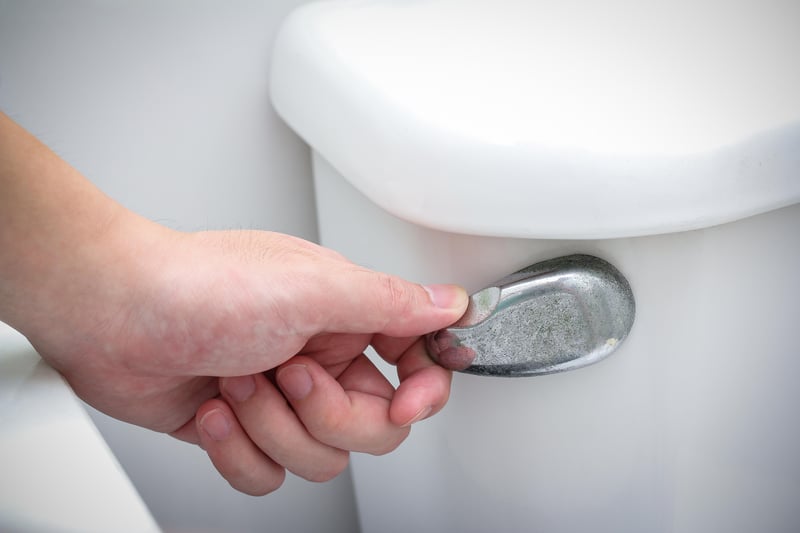ATTENTION ALL CUSTOMERS:
Due to a recent change in our pharmacy software system, all previous login credentials will no longer work.
Please click on “Sign Up Today!” to create a new account, and be sure to download our NEW Mobile app!
Thank you for your patience during this transition.
Get Healthy!

- Posted March 21, 2023
Stress Urinary Incontinence? Know Your Surgical Options
A lot of women experience stress urinary incontinence, those bladder leaks that can happen when a woman is coughing, sneezing, laughing or exercising.
It's the most common type of urinary incontinence in women, according to the U.S. Food and Drug Administration.
Some first-line options are changing behaviors and doing pelvic floor exercises.
Pelvic floor exercises strengthen the muscles that support the bladder, according to NYU Langone Health, in New York City. This can help prevent leakage.
Behavior modification can include not drinking alcohol, coffee, tea and soda, which can increase incontinence symptoms.
A bladder retraining technician may also help to teach techniques such as deep breathing when the urge to urinate strikes, while urinating instead at scheduled intervals.
Varying types of surgery can also correct the issue.
There are two main categories of surgery, according to NYU Langone Health. The type that's right will depend on the type of incontinence and the severity of symptoms.
Surgery should typically be put off until a woman is done having children because incontinence can return with pregnancy.
In a sling surgery, the doctor creates a hammock-like support for the urethra. This sling is either synthetic or made from tissue in a woman's body called fascia.
- In a midurethral sling surgery, the surgeon places a synthetic sling under and around the urethra. This adds support, reducing or preventing urine leakage. It is done in the hospital using spinal or general anesthesia. The patient typically goes home the day of the procedure. Rest is needed for a day or two after surgery. Women who have this surgery should avoid sexual intercourse and strenuous physical activity for at least three weeks while the urethra heals. Some women will temporarily need a catheter.
- In a pubovaginal sling procedure, the surgeon makes a small incision in the abdomen or leg. There, the surgeon retrieves tissue called fascia from below the skin to create a sling made from a woman's own tissue. This sling provides the urethra with better support. Recovery may take longer because of the incision, about one to two weeks.
- In retropubic suspension surgery, the surgeon lifts the area where the bladder and the urethra meet, known as the bladder neck, up to a more supported position. The surgeon makes an incision, or several small incisions when done laparoscopically, in the abdomen. The surgeon attaches the part of the vagina that is under the area of the bladder neck to the ligaments of the pubic bone. The urethral sphincter muscles can then close properly after urination, preventing leaks. This procedure requires general anesthesia and may involve an overnight hospital stay. The patient should not cough, have sexual intercourse, lift anything heavier than 10 pounds or strain during urination or bowel movements while recovering. A woman will typically need a catheter for several days after this surgery.
More information
The U.S. Food and Drug Administration has more on stress urinary incontinence.
SOURCE: NYU Langone Health, news release






